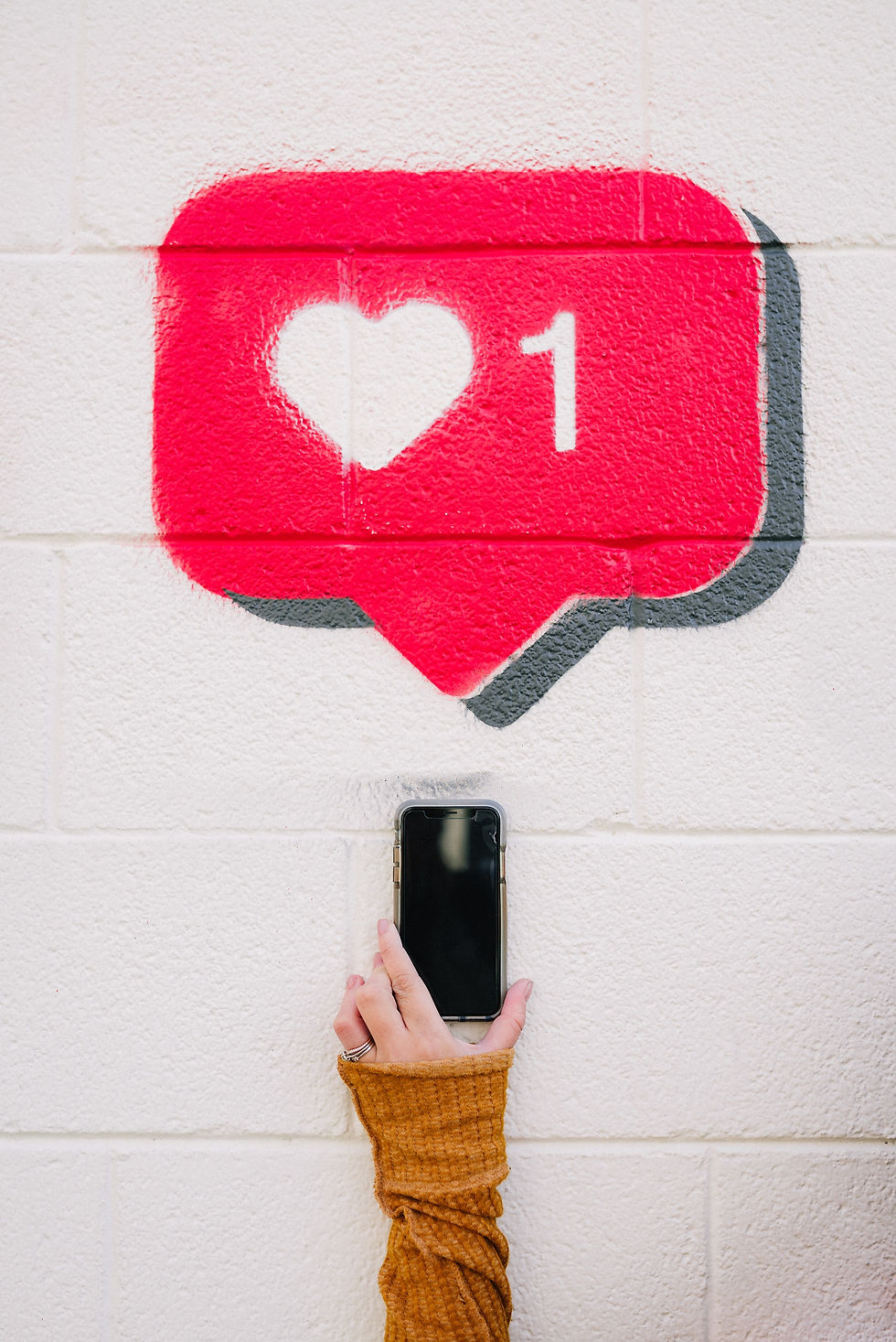Social Media Burnout as a Gen Z during the Pandemic
- Studentosity

- Jul 16, 2021
- 3 min read

Written by Jireh Estrada
Gen Z has grown familiar with advanced technology always being at their fingertips. With the unprecedented times caused by COVID-19, the fear that has flooded throughout the timelines of social media platforms has caused social media burnout in many people. Ultimately, it is said that this virus will be the defining catastrophe that will affect how Gen Z operates in the future. (Elsevier Enhanced Reader, 2021) Although social media has its perks, this article will be focusing on how it may negatively affect the mental well-being of the Gen Z population, and why people continue to feed into social media platforms despite the known negative effects of social media burnout.
Gen Z lives through a digital narrative told by social media sites, causing information overload to be very common. (Elsevier Enhanced Reader, 2021) From March 2020 to present day, our timelines have been flooded with information regarding COVID-19, politics, realities of historical racism, and news of loss and grief in our communities. Although social media is vital to the rapid exchange of information, overuse of it has triggered negative consequences, such as social media burnout caused by excessive social media usage. (Elsevier Enhanced Reader, 2021) Social media burnout is a negative psychological response associated with the overuse of the social media platforms themselves, and the absorption of the information being produced by them. It can be expressed in various ways, such as increased anxiety, depression, and vicarious traumatization. (Preventing Social Media Burnout, 2020) While some effects can be subtle with no immediate concerns, a majority of social media burnout cases can be detrimental, affecting the long-term health of an individual.
So why is it that Gen Z in particular, continues to dip their toes into the dark side? Firstly, social media has a reinforcing nature. Usage of social media activates the release of dopamine, a “feel-good chemical” that makes things feel pleasurable, causing the individual to desire it even more. (Sperling, 2020) In addition, many stick to social media because of the fear of not staying relevant to society. Social media has become a platform where many promote their business or brand due to it’s new and innovative way of grasping the attention of the desired audience. By not using it, people may feel that they will be outcast by their peers, due to their inability to keep up with what is trending. Finally, people may stay on social media to maintain connections with family and friends, who may otherwise be separated due to geographical location. (The Pros and Cons of Quitting Social Media, 2018) To conclude, Gen Z continues to use social media despite its negative consequences because of addiction, to stay relevant, and to maintain connection with friends and family.
So what is the solution to social media burnout? While it is dependent on what works for the individual, this article will be discussing two commonly used solutions. First, social media detoxification has been fairly popular during the COVID-19 pandemic era, as Gen Z has grown tired of only seeing negative information being flooded throughout their timelines. (Elsevier Enhanced Reader, 2021) Social media detoxification involves intentional disengagement from platforms and finding other ways to fill your spare time. This leads to the next tip for solving social media burnout, which is prioritising yourself. This does not necessarily entail spending thousands of dollars on no wifi retreats or spa days. Instead, you can treat yourself with small moments of relaxation, such as exercise, meditation, journaling, painting, and anything that relieves you of that stress. While the exact solution to social media burnout will vary depending on the individual, these two solutions will work for most people.
It is clear that Gen Z knows their way around social media. Due to the recent spike in negative information overload, many have experienced social media burnout. However, despite the negative consequences of using these platforms, Gen Z continues to take the risk of engaging with social media. This may be due to many reasons, including its popularity, its ability to keep people relevant, and the connections it creates with friends and family all over the world. Luckily, social media burnout has many solutions. Two of the most common solutions are taking a social media detox and prioritising self care. By ensuring that social media burnout is addressed properly, both the short-term and long-term health of an individual can be improved.




Comments